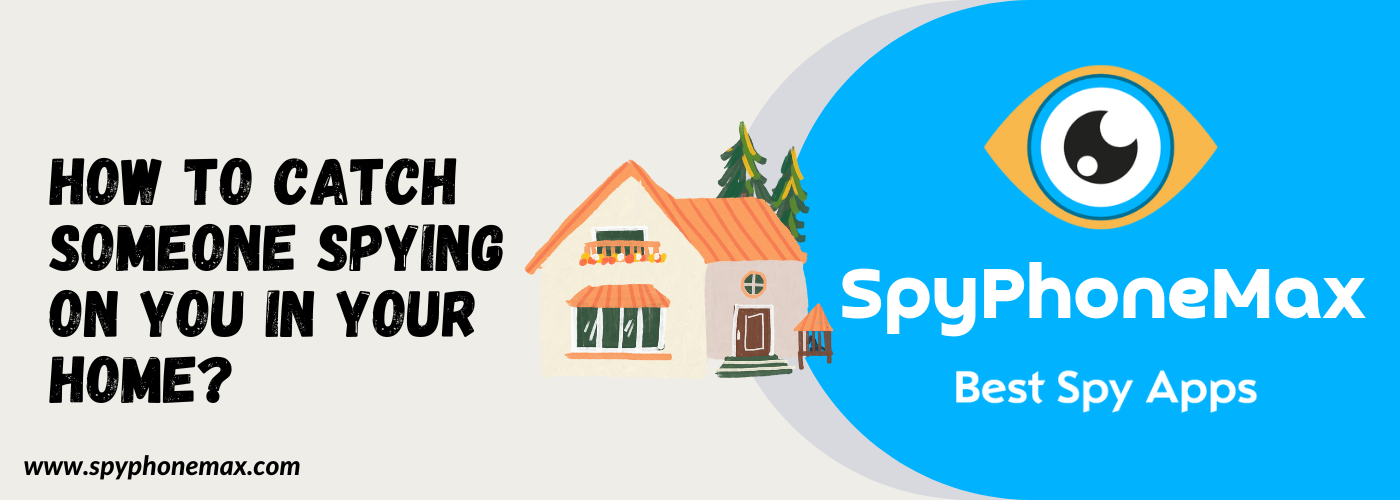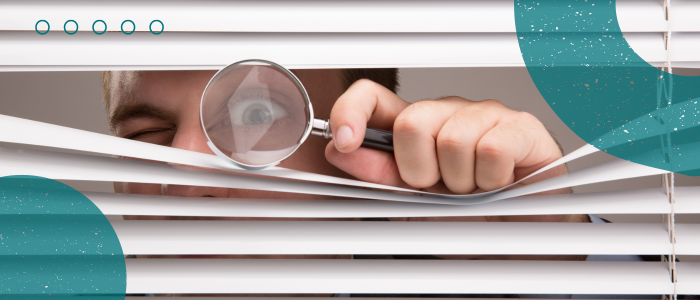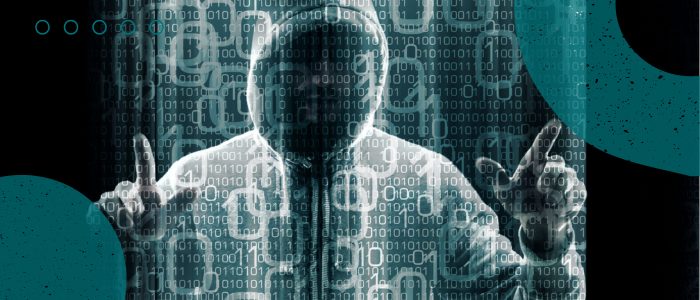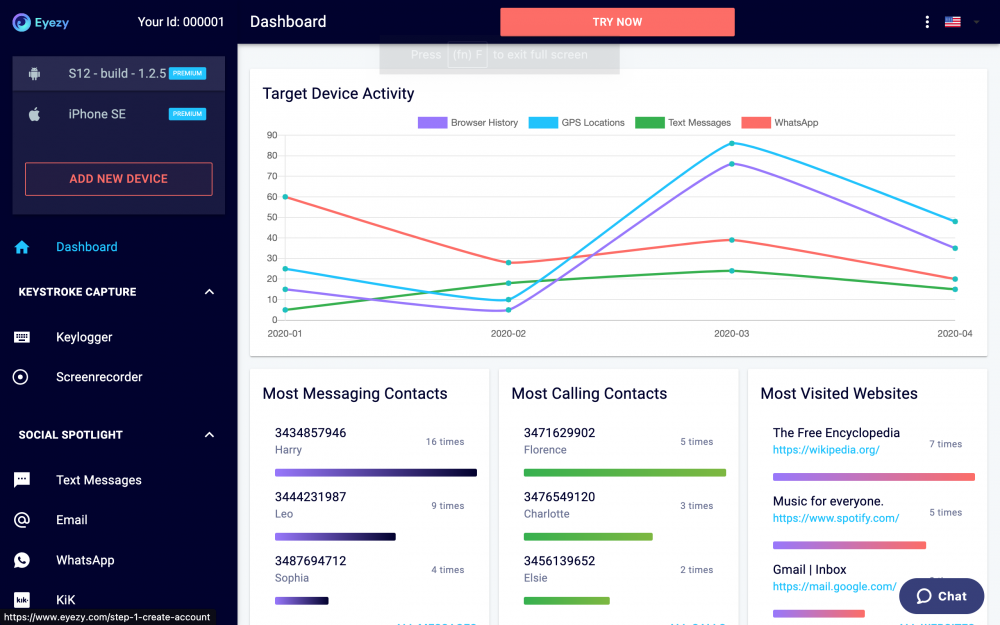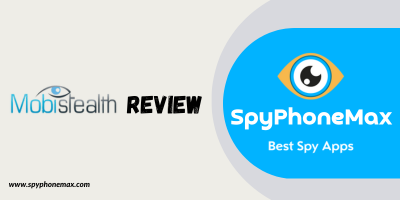There are times when a strange noise or an unexplained incident can spark concerns about home security. Our homes are meant to be our safe havens, so even the faintest suspicion of someone spying on us can be deeply unsettling. But remember, you’re not alone in this, and there are practical steps to help alleviate these worries.
In this blog post, we’ll guide you through identifying potential spying signs, using technology to uncover the truth, and fortifying your home security. Don’t let worry dominate your life. It’s time to dispel the fear, reclaim your peace of mind, and ensure your home remains the sanctuary it’s meant to be. 🕵️♀️🏠🔒
In summary, while spying within homes can occur through physical surveillance and digital spying, practical steps exist to detect and mitigate such intrusions and ultimately safeguard personal spaces.
✅ Concerns about home security can arise from unusual incidents or noises. Practical steps exist to address these worries and ensure homes remain safe.
✅ Physical surveillance can involve sophisticated and compact devices such as hidden cameras, covert audio devices, GPS trackers, infrared cameras, and night vision devices.
✅ Digital spying has become more prevalent with the rise of Internet of Things (IoT) devices, spyware, and camera hacking. These can all invade personal privacy if not adequately protected.
✅ Indicators of digital spying include unusual device behavior, unexpected data usage increases, unauthorized account access alerts, unfamiliar apps or extensions, and messages sent from your account without your knowledge.
✅ Bug detectors can help identify the presence of spying devices by scanning for common radio frequencies used by these devices.
✅ Anti-spyware software can detect and remove spyware, providing both a reactive solution and proactive protection against the installation of new spyware.
✅ If signs of spying are detected, confirmation of suspicions is crucial. Strengthening digital security and seeking legal and professional help are advised to counteract spying and secure privacy.
Can Someone Spy On You In Your Home? 👀🔍
Ever wondered, “Can someone spy on me in my own home?” 🏠💭 Albeit a question straight out of a suspenseful spy movie, it resonates with many in our high-tech, always-connected world. And the somewhat unnerving answer is – yes.
Let’s break it down to understand better:
Physical Surveillance 📸🎙️
The world of physical surveillance is vast and constantly evolving. This practice involves using technology to spy on someone without their knowledge or consent, and with the advancements in technology, these devices have become more sophisticated, compact, and easier to hide. Let’s delve deeper into some of the common forms of physical surveillance:
Hidden Cameras 📷
Hidden cameras, often referred to as “nanny cams” or spy cameras, can be concealed within everyday household items. Everything from clocks and smoke detectors to picture frames and power outlets could potentially house a hidden camera. These devices can be used to secretly record video footage, often without audio due to legal restrictions.
Covert Audio Devices 🎙️
Covert audio devices, commonly known as “bugs,” are designed to secretly listen to and record conversations. These tiny devices can be easily hidden and can sometimes pick up conversations from quite a distance. They can be disguised as regular objects like pens, or even smaller, ones hidden inside a piece of furniture.
GPS Trackers 🛰️
GPS trackers are used to monitor and record the location of individuals, vehicles, or objects. These can be standalone devices or can be incorporated into common objects like a car’s key fob. A tracker sends out a signal that can be monitored either in real-time or later, revealing patterns of movement and specific locations.
Infrared Cameras and Night Vision Devices 🌃
Infrared cameras and night vision devices use infrared technology to see in low light or complete darkness. These can be used to covertly monitor individuals during the night, or in otherwise dark spaces within a home.
It’s crucial to remember, while this knowledge can seem alarming, understanding the tools used in physical surveillance is the first step toward protection. Awareness can help you spot anomalies and ensure that your privacy is maintained. In the next sections, we will explore how to identify these devices and how to safeguard your personal space from such intrusions. Knowledge is your best defense, and it’s time to armor up! 🔍🔐🏡
Digital Spying 🌐💻
Traditional physical surveillance methods have evolved into more sophisticated and inconspicuous forms in our digitally connected world. Let’s dive deeper into Digital Spying and explore some of its common forms:
Home Network Hacking 🏠💼
With the advent of the Internet of Things (IoT), many households now boast a wide array of connected devices. These devices, from smart TVs and fridges to home security cameras and thermostats, can be an open door for a hacker if not adequately secured. A hacker gaining access to your home network could control your devices, monitor your internet traffic, and access any data stored on or transmitted through your devices.
Spyware 🕵️♂️💾
Spyware is a type of malicious software that, once installed on your device, collects information about you and your internet habits without your knowledge. It can capture keystrokes, track browsing history, and access personal data such as passwords and credit card numbers. Spyware can be unwittingly downloaded with legitimate software, through email attachments, or via malicious websites. We highly recommend using a good antivirus program to detect and remove such threats.
There are several apps in the market with spyware capabilities. These tools, such as mSpy, FlexiSPY, and Eyezy, are often used for monitoring activities on a device:
- 👉 mSpy: This software allows a user to remotely monitor another device’s activities, including calls, text messages, location, and social media use.
- 👉 FlexiSPY: A robust software offering similar features to mSpy, with additional capabilities to remotely activate the microphone or camera on a targeted device.
- 👉 Eyezy: A newer entrant to the market, Eyezy offers a comprehensive suite of monitoring tools that make it easier than ever to keep an eye on device usage and online activities.
It’s essential to note that the misuse of these apps for spying purposes is illegal and unethical. Their intended purpose is to provide parental control for the safety of children or for enterprises to ensure the appropriate use of company devices.
In the context of privacy invasion, these types of apps become significant threats. Therefore, it’s critical to safeguard your devices using anti-spyware tools, strong passwords, two-factor authentication, and by staying vigilant about any unusual device behavior.
Camera Hacking 📸💻
In this day and age, most of us carry a camera with us everywhere we go, thanks to our smartphones. However, cameras are also incorporated into many other devices such as laptops, tablets, and even baby monitors. A hacker with access to these cameras can watch your every move without your knowledge. Regularly updating your device software, using strong, unique passwords, and covering cameras when not in use are some ways to prevent camera hacking.
Digital Signs That Someone Is Spying On You 💻🔍
The digital world is a double-edged sword. While it offers immense convenience, it can also become a pathway for privacy invasion. Spotting the digital signs of spying can help you safeguard your personal space. Let’s explore some common indicators that you might be a victim of digital spying:
Unusual Device Behavior 💻📲🔮
Your devices can provide the first clues. Look for unusual behavior, such as:
- Unexpected Battery Drain: Spyware can consume a lot of power while running in the background. If your device’s battery is draining more quickly than usual, it could be a sign of unwanted software.
- Slow Performance: Spyware and other malicious software can significantly slow down your device.
- Overheating: If your device often gets hot, even when you’re not using it intensively, this could indicate a hidden process running in the background.
- Strange Background Noise: During phone calls, be attentive to unusual sounds like clicking, echoing, or distant voices. They could indicate your calls are being monitored.
Unusual Network Traffic 📡🌐
An unexpected increase in data usage could be a sign of digital spying. Monitoring software sends collected information over the internet, which can lead to noticeable spikes in data traffic.
Unauthorized Access Alerts 🚨🔓
Many online services will alert you if your account has been accessed from a new device or location. If you receive these alerts and the activity wasn’t you, it could indicate someone else has access to your accounts.
New Apps or Browser Extensions 🆕📱💻
Have you noticed any unfamiliar apps on your device or new extensions in your web browser? They might have been installed intentionally by someone else or unintentionally through malicious software.
Emails or Messages You Didn’t Send 📧💬
If your friends or contacts receive emails or messages that you didn’t send, your account could have been compromised.
Using a Bug Detector 🐜🔍
While these signs are important, a bug detector can be a powerful tool in your anti-spying arsenal. These devices scan for the radio frequencies that most spying devices use, alerting you to their presence.
- RF Bug Detectors: These handheld devices can scan your home for hidden cameras, microphones, and other wireless spying devices. They’re easy to use – you simply walk through your home and watch for increases in the detector’s signal strength.
- Camera Lens Detectors: These specialized devices can help you spot hidden cameras. They work by reflecting light off the lens of a hidden camera, making it easier to spot.
Making Use of Anti-Spyware 🛡️🔐
Anti-spyware software is designed to detect and remove spyware, adware, and other types of malware from your device. Not only can it scan your device for known spyware, but it can also provide real-time protection by blocking the installation of new spyware.
- Regular Scans: Run regular anti-spyware scans to ensure your device is spyware-free.
- Real-time Protection: Use an anti-spyware tool that offers real-time protection. This will prevent new spyware from being installed.
What To Do If Someone Is Spying On You? 💡🔒
Discovering signs that someone might be spying on you can be an unsettling experience. But don’t panic! Here are some steps you can take to counteract spying and secure your privacy:
Confirm Your Suspicions 🔍🧐
Before you take any action, it’s important to verify your suspicions. All the signs mentioned above could also be due to technical issues. Seek professional help if needed. Technicians can conduct a thorough check of your devices and home for bugs or spyware.
Strengthen Your Digital Security 🔐💻
If you suspect digital spying, it’s crucial to reinforce your digital security.
- Update Your Devices: Regularly update your devices’ software, as updates often include security enhancements.
- Change Passwords: Regularly update and strengthen your passwords. Make use of a password manager to help remember complex passwords.
- Enable Two-Factor Authentication (2FA): Add an extra layer of security to your online accounts by enabling 2FA.
- Use Anti-Spyware Software: Regularly run scans with a reliable anti-spyware program to keep your devices free of malicious software.
Secure Your Home 🏠🔒
In case of suspected physical surveillance:
- Check for Unusual Items: Look for unfamiliar objects or devices in your home.
- Scan for Bugs: Consider using a bug detector to find hidden cameras or microphones.
- Secure Your Wi-Fi Network: Make sure your home Wi-Fi network is secured with a strong password and encryption.
Report to Authorities 🚔👮♀️
If you’re certain that someone is spying on you, it’s important to report it to your local law enforcement. They can provide further advice and take appropriate action.
Remember, your safety and privacy are paramount. If you’re in doubt, seek professional help to ensure you’ve taken all necessary measures to secure your space. Let’s regain control and ensure our homes are the safe havens they’re meant to be! 👍🔒🏠
What To Do If Someone Is Spying On You? 💡🔒
Realizing you might be under surveillance can be distressing, but remember, you’re not helpless. Here’s a plan of action to reclaim your privacy:
Confirm Your Suspicions 🔍🧐
The first step is verifying your concerns. The signs we’ve discussed could also be linked to technical problems. It’s wise to consult with a professional technician who can inspect your devices and living spaces for any spying devices or software.
Strengthen Your Digital Security 🔐💻
Should you suspect digital spying, it’s time to fortify your digital defenses.
- Update Your Devices: Always keep your software up to date, as updates often carry important security improvements.
- Change Passwords: Regularly switch up and fortify your passwords. Consider a password manager to handle complicated passwords.
- Enable Two-Factor Authentication (2FA): This extra security layer can protect your online accounts significantly.
- Use Anti-Spyware Software: Schedule regular scans with a dependable anti-spyware tool to clear out any unwanted software.
Secure Your Home 🏠🔒
In the event of suspected physical surveillance:
- Check for Unusual Items: Be on the lookout for any unfamiliar devices or objects within your space.
- Scan for Bugs: A bug detector can be used to discover hidden cameras or microphones.
- Secure Your Wi-Fi Network: Ensure your home Wi-Fi network is secured with a robust password and encryption.
Reach Out to Authorities or a Private Investigator 🚔🕵️
If you’re convinced you’re being spied on, report it immediately to your local law enforcement. They can provide advice and initiate the necessary actions. If for any reason you don’t wish to involve the police, hiring a private investigator is a viable option. Both the police and private investigators possess the skills to ascertain whether you’re being spied on or if it’s a misunderstanding.
Your safety and privacy are non-negotiable. If you’re uncertain, seek professional assistance to ensure all necessary security measures are in place. Let’s reclaim our peace of mind and return our homes to the safe spaces they should be! 👍🔒🏠
Conclusion: Regain Your Privacy 🏠🔒🎯
In a world where privacy can feel elusive, understanding the signs of both physical and digital surveillance is crucial. Rest assured, you have the power to reclaim your privacy and safeguard your sanctuary.
From observing unusual occurrences in your home to bolstering your digital defenses, there are numerous ways to counteract spying. If suspicions persist, don’t hesitate to contact authorities or a private investigator.
Remember, your home should be a haven of privacy. Stay vigilant, stay informed, and keep your sanctuary safe and secure. 👍🔒🏠 Let’s continue to fortify our homes, ensuring they remain the safe havens they’re meant to be. Here’s to regaining peace of mind! 🥂🛡️🏠

